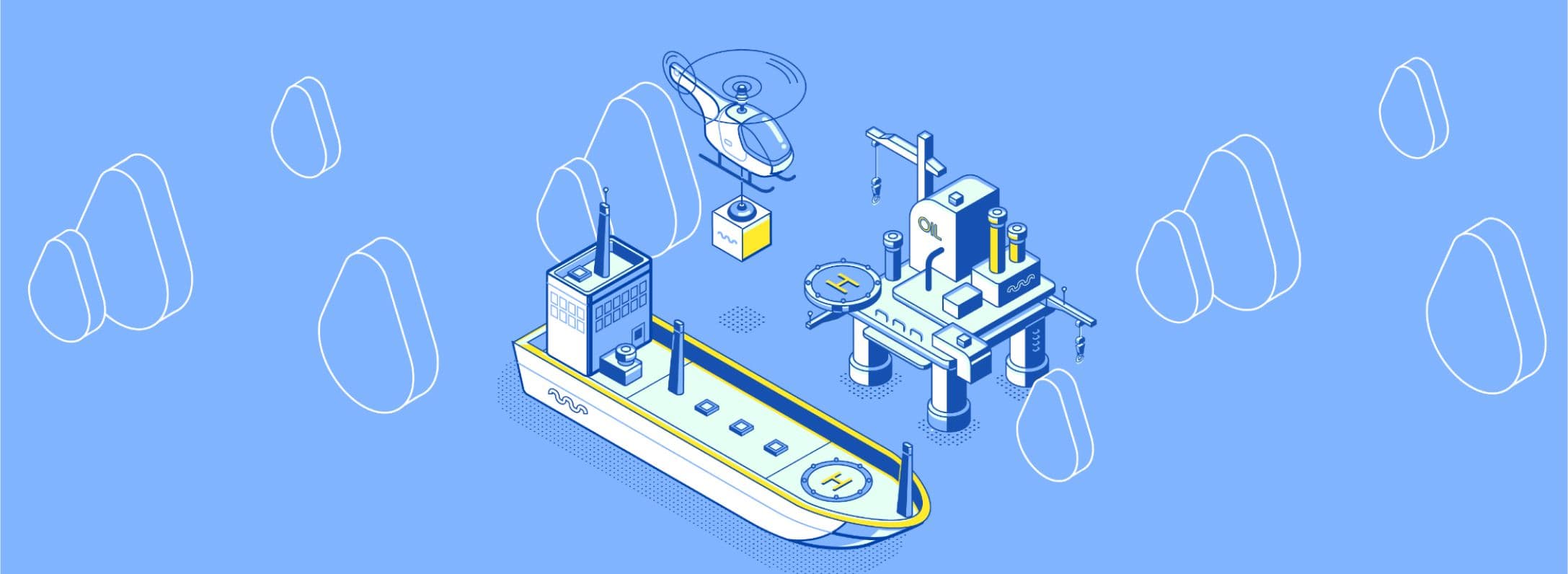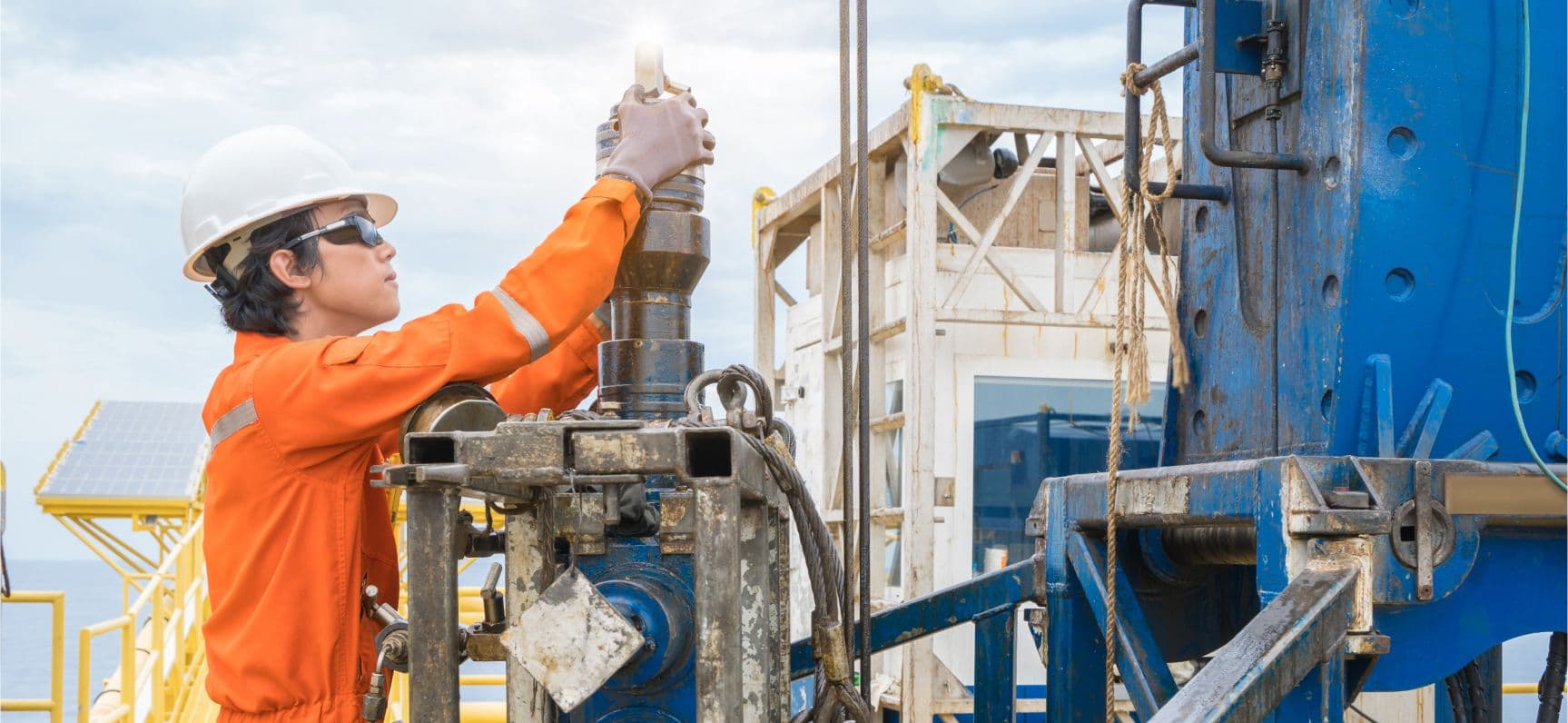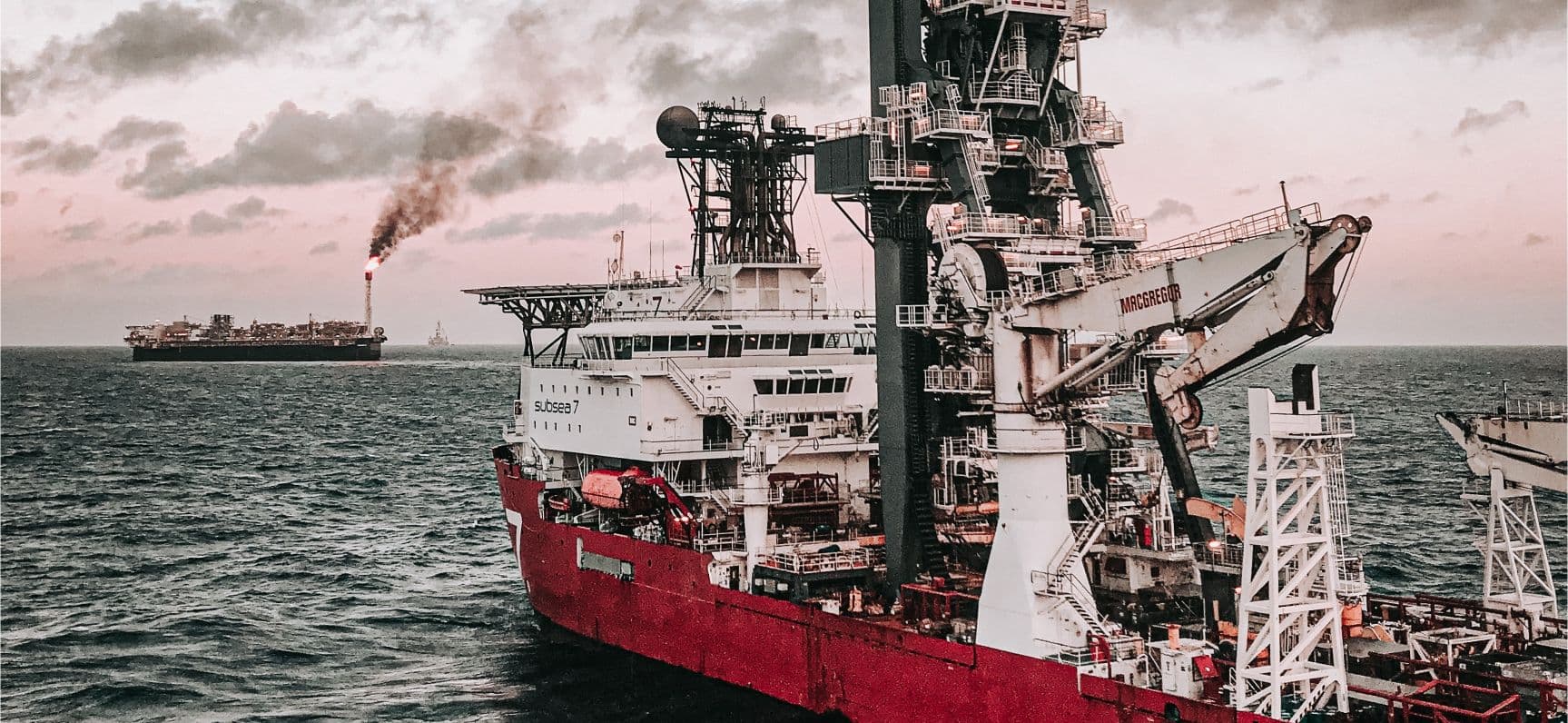Niayesh Sadrzadeh
Content Marketing Manager

Becoming a Driller Offshore: Here’s What You Need to Know
If you’ve ever considered becoming an offshore driller, you should know that the job will be a big change from your daily routine at home. Before you leap into this career, you need to know what being a driller offshore is all about and what it will take for you to get there.
Drilling is one of the most dangerous jobs on the ocean, and you’ll need to know what to expect if you want to keep yourself and your crew safe every day at work. In this article, we will take a look at what it takes to become an offshore driller, how much you can expect to make in the long run, how long it takes to get hired, and other considerations to help make your decision easier.

What Does an Offshore Driller Do?
A driller must set up, operate, and maintain the equipment necessary for drilling oil and gas wells offshore. The day-to-day life of an offshore driller is varied, and they typically work 12-hour shifts, 7 days per week.
On any given day, an offshore driller may be drilling a new wellbore or dealing with an emergency shutdown of equipment, or even dealing with getting the rig back on after it has broken down.
What are an Offshore Driller’s Duties and Responsibilities?
The driller is mainly responsible for the following:
- Receive instructions on drilling parameters such as bit weight, rotary table rpm, pressures, and pump outputs, as well as other work procedures such as bit type and expected life, mud characteristics bore control, and so on;
- Check and set up the necessary equipment for the assigned shift, such as drill pipes and other tubular material, x-over, etc;
- Updating the hiring company's senior management on the status of the oil rigs;
- Work on the preparation, weighing, and chemical treatment of drilling fluids is managed;
- Responsible for maintaining safe working conditions on the drill floor at all times;
- Supervising drilling crews and monitoring the drilling process and equipment.
Can't wait to get started as an offshore driller?
Register for free!How to Become an Offshore Driller?
The first step to becoming an offshore driller is to have graduated high school or earned a GED. After high school, most offshore drillers seek an associate’s degree or complete some form of technical training.
Technical schools typically take two years of full-time study, though you can work towards an associate’s degree part-time in as few as four years. These programs train students for on-site, entry-level positions like roustabout and toolpusher.
Is On-The-Job Training Important?
Yes, even after graduating from an offshore drilling program or technical school, you should continue your education with on-the-job training. This type of hands-on education is crucial if you want your career to progress quickly.

Is it hard to be an offshore driller?
While the job of an offshore driller sounds glamorous, and the pay range falls above the average, it can be difficult and dangerous. For example, many offshore drillers work in extreme conditions for weeks on vessels or months at a time. In addition, there are often long periods between jobs.
On top of that, the offshore drilling industry in general is a physically demanding sector. To prevent any possible injury and problem, candidates must:
-Have a good physical and mental condition
-Train specifically on safety to mitigate potential hazards
7 Essential Skills For Drillers Offshore
The offshore industry requires rigorous training, so you should be prepared in advance. To become a driller offshore, you'll need some essential skills:
- Safety Training
- Technical Knowledge
- Teamwork and Collaboration
- Problem-Solving
- Communication
- Time Management
- Organizational Skills
Interested in applying for a job as a driller? Check out the related vacancies on our website!